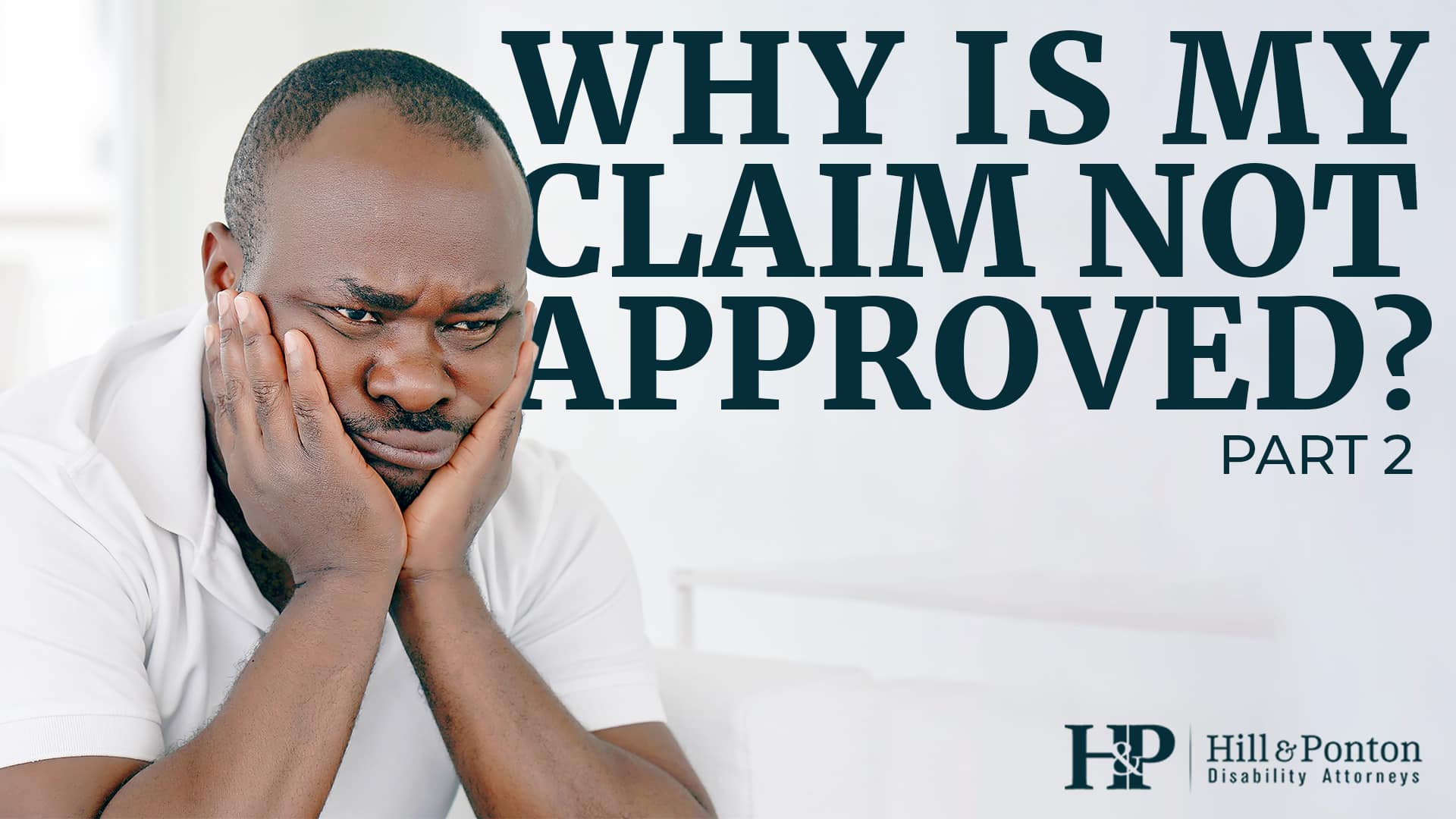In my experience, a favorable medical opinion is almost always needed in order for a veteran to have the best chances of success with winning their claims. In fact, sometimes multiple opinions are needed in order to prevail. A veteran can obtain a medical opinion from his own treating doctors, the VA doctors, and/or he can seek an opinion from a non-treating doctor.
As the title of this blog implies, even if a veteran has a favorable medical opinion, it is often an uphill battle trying to get the VA to approve a claim. As such, it is important to be aware of common mistakes in medical opinions that may negatively hurt a claim, even though the overall opinion is positive and well-intentioned.
Common Problems With Medical Opinions
Here are a few examples of common problems that I frequently encounter when reviewing medical opinions:
Lack of Details
Oftentimes doctors are very pressed for time. Because their time is so limited, they want to write the most concise opinion possible. While being concise can be good, it can also be damaging to a claim if the doctor does not give the important details. For example, it is very important for the doctor to indicate what records he reviewed prior to formulating the opinion, very important for the doctor to show a working knowledge of the file, very important for the doctor to indicate that the C-file was available, etc.
Lack of Rationale for the Opinion
The doctor may give a favorable opinion; however, if he does not give a sound rationale for his conclusions, then it is not really helpful to the case. For example, the doctor should specify what facts or records that helped him to formulate his opinions, if he relied upon any medical literature, etc.
Failure to Use The VA Language
The VA has its own nomenclature for adjudicating disability claims. If the doctor does not use the ‘special’ terms, the claim may still be denied. When giving an opinion regarding the severity of a condition or for questions of service-connection, it is best if the doctor expresses the opinion in the following terms:
- “is due to”= (100% sure)
- “more likely than not”= (greater than 50%)
- “at least as likely as not”= (equal to or greater than 50%)
- “not at least as likely as not”= (less than 50%)
- “is not due to”= (0%)
Words such as ‘may, might, very reasonable, highly likely, etc.’ usually are not very effective. To be the most helpful, the opinion should be expressed in terms that the VA staff is familiar with evaluating.
In sum, the take-away lesson is that although it is great to have a favorable medical opinion in the C-File, it is even more important to have a medical opinion written in such a way that will ensure the best chances of success. Believe it or not, many claims are denied due to the doctor’s choice of words, or lack thereof.




